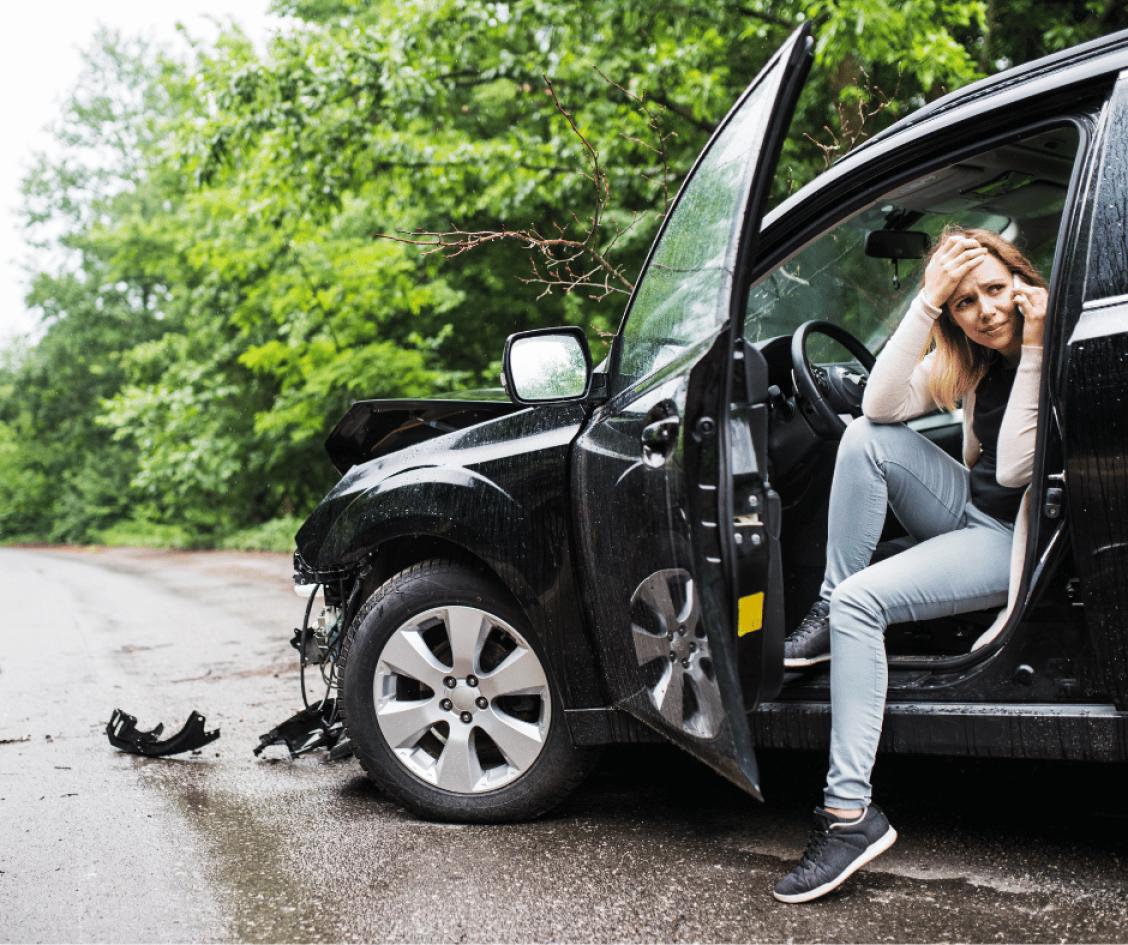
A car crash can be overwhelming, but knowing your rights in the aftermath is crucial. Whether it’s a minor fender-bender or a major collision, protecting yourself legally and financially starts with awareness. Here's a breakdown of the key rights every driver should know after an accident.
After a crash, emotions run high. But what you say at the scene can impact your claim or liability later. You’re not legally required to admit fault or give detailed statements to other parties, including insurance adjusters. While you should cooperate with law enforcement and exchange basic information with the other driver, it’s within your rights to decline further discussion until you've spoken with an attorney.
Whether or not you feel injured immediately, you have the right to seek medical care—and you should. Many injuries, like whiplash or internal trauma, don’t show symptoms right away. Medical documentation also plays a key role in personal injury claims. Delaying treatment could harm both your health and your case.
You have the right to file a claim with your insurance company—or with the at-fault driver’s insurer. Depending on the laws in your state (e.g., at-fault vs. no-fault), you may also have the right to pursue compensation for damages through a personal injury lawsuit. This can include medical expenses, lost wages, pain and suffering, and vehicle repair or replacement costs.
If liability is unclear, your injuries are serious, or an insurance company denies your claim, you don’t have to handle it alone. You’re entitled to consult with or hire a car accident attorney at any stage. Most offer free consultations and work on a contingency basis—meaning they only get paid if you win.
Insurance companies often offer quick, lowball settlements to close cases fast. You don’t have to accept the first offer. You have the right to negotiate—or reject it entirely. Always review any offer with a legal professional to ensure you’re getting fair compensation for all current and future expenses related to the crash.
Understanding your rights after a car accident is the first step in protecting your health, finances, and legal interests. Stay calm, document everything, and don’t rush into decisions. Whether you're dealing with injuries, insurance claims, or legal questions, exercising your rights can make all the difference in your recovery.